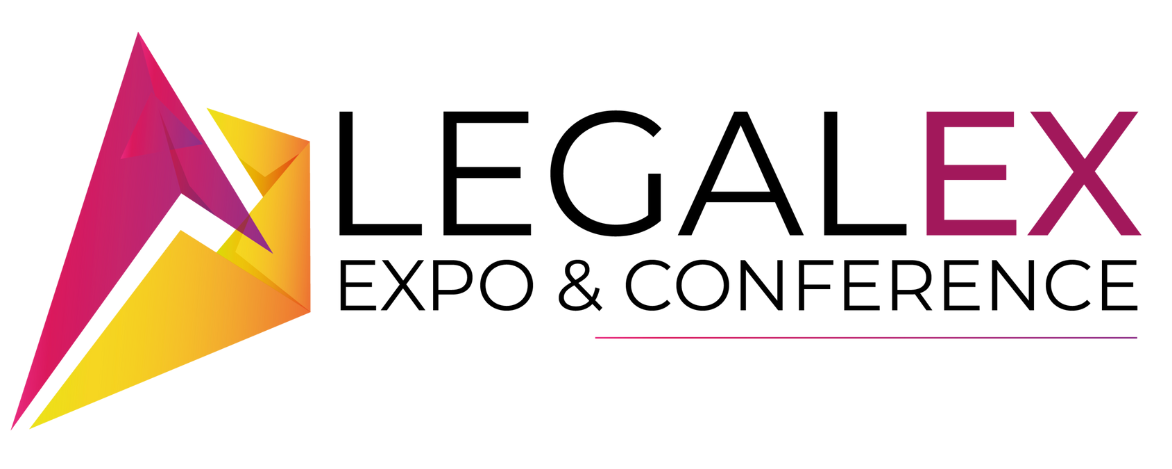Career Conversations - Andy Slater, FACT360
.png/fit-in/700x9999/filters:no_upscale())
Career Conversations - Andy Slater, FACT360
We caught up with Andy Slater, Commercial Director at FACT360, a tech company formed in 2017 by leading academics and experts in Artificial Intelligence, Unsupervised Machine Learning, Artificial Neural Networks and Swarm Intelligence, to discuss AI in the legal sector, switching careers from the military to a commercial environment, teamwork and sales.
Andy has held a number of roles building out sales organisations and growing company revenues in both UK and across EMEA. Most recently, as the VP and MD EMEA, he developed the revenue model and drove significant growth in the EMEA business at Actifio Inc, a US start up based out of Boston focusing on Data Availability and Business Agility.
Andy will be presenting a seminar on Using Artificial Intelligence and Machine Learning to transform ECA and investigations with FACT360 CEO Paddy Lawton at LegalEx's upcoming Spotlight virtual event on the 31st March.
Hi Andy, can you introduce yourself and your current job role?
I’m Andy Slater, Commercial Director at FACT360 so I am responsible for all things related to establishing and growing FACT360 in the market – setting strategy, developing new markets and making sure our customers are getting the best use of our software.
How did you find yourself in this position? Did you always aim to pursue a career in law?
I have always been in sales or running businesses so when a friend told me they were setting up a technology company that uses AI and unsupervised machine learning to analyse communication networks I was interested in finding out more. And being involved from, more or less, the outset is what I like because you are able to develop a product and establish a new company on the market. And I have never pursued a career in law – I didn’t have the latin!
What role does your current position play in the functioning of the rest of your business and why is so crucial?
Leaving my responsibility regarding the commercial performance to one side, I would say having day-to-day contact with our customers is crucial for the business. I know exactly how our customers use our platform and perhaps more importantly I know what they want it to do in the future. This then informs the product ‘road map’ and ensures we develop in line with our customers’ needs.
Can you give us some insight into the tasks that make up a regular working day for you, and what legal considerations need to go into these tasks?
We analyse communication networks so one of the main legal considerations for us is to ensure that we, and our customers, are GDPR compliant. We achieve this because we don’t actually have to analyse the content of the communications to generate significant insight. Just by looking at the communication flows - who is communicating with whom, how often and when, allows us to develop a picture of the network. And when we have this picture, the technology starts identifying out of the ordinary behaviour which can often point to the significant events which can be investigated further.
Can you fill us in on any challenges you’ve faced in your career and how you overcame these?
We analyse communication networks so one of the main legal considerations for us is to ensure that we, and our customers, are GDPR compliant. We achieve this because we don’t actually have to analyse the content of the communications to generate significant insight. Just by looking at the communication flows - who is communicating with whom, how often and when, allows us to develop a picture of the network. And when we have this picture, the technology starts identifying out of the ordinary behaviour which can often point to the significant events which can be investigated further.
If you had to give some advice to your younger self or a mentee looking to enter your career, what would you say?
Sales is about problem solving. If someone has a problem and you have a solution, the chances are they will buy it. And they will be happy to buy it. The problems arise when people try to sell things that the customer doesn’t really need. So the skill is in identifying the customers’ problems and ‘pain points’. And if the product you are selling meets these needs that is fantastic and the chances are you will make the sale. But if they don’t, it is best to move on and stop wasting both your and the customer’s time.
In your opinion, what are the most exciting developments within your role or the law sector at present?
I am biased working for a technology company but I do think AI is having a massive impact in the legal sector. The levels of data we are processing mean we really do things that are impossible to achieve in other ways. And by quickly identifying the relevant items in a load of data – be it people, documents or significant events, we are making legal teams more effective.
What do you see the future of the law sector being like? Does this excite or scare you?
People say technology threatens jobs but I disagree – obviously jobs may change and teams will not have to spend days reading through bundles of documents but it means they can spend more time investigating the critical documents that fundamentally affect the outcome of a case.
What should the audience expect at your upcoming talk with us at LegalEx?
This is actually my first time at LegalEx but the reason I’m talking at the Spotlight is because of the really positive feedback I received about the event. It was actually a customer that suggested we got involved because they felt it is a really ‘practical’ event and the delegates are interested in things that change their day-to-day working practices – and our platform certainly does that.
Why do you think legal exhibitions and conferences are important for the development of individuals and the industry?
Exhibitions and conferences have always been important in terms of staying abreast of new developments and understanding what’s going on. The networking element is also critical – networking is a horrible expression because it sounds a bit false but, in my experience, people like helping people. So the more people you know, the more connections and introductions you can make and consequently the more introductions you will receive. Increasing your network means you can do a better job, whatever the industry, because you have more help and expertise to call on.
Make sure you tune into Andy's LegalEx Spotlight session on on the 31st March. Register here.

